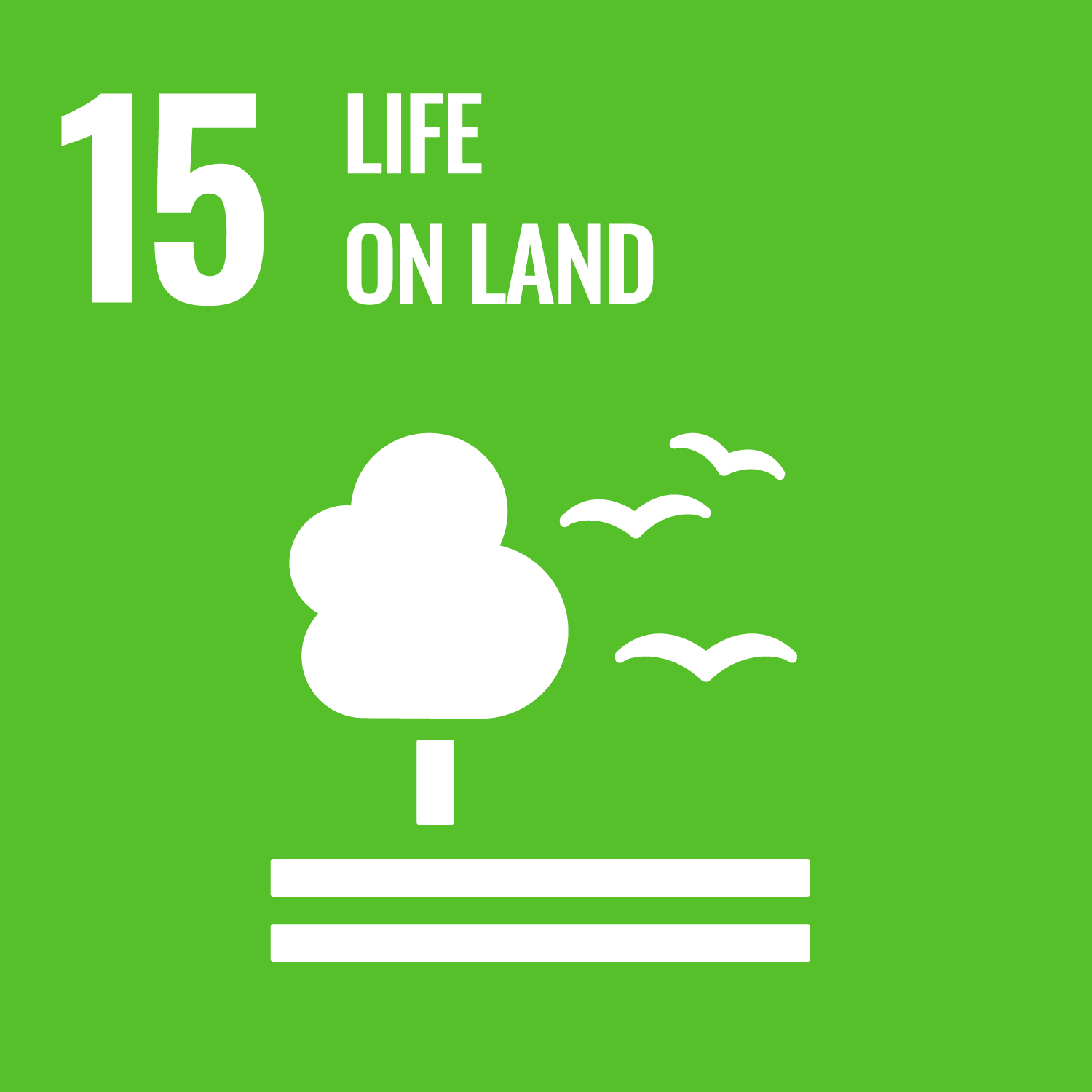Our living space is composed of “Atmosphere”, "Hydrosphere" and "Geosphere", in particular "Geosphere" is an extremely important
area in civil engineering including earth supporting activities of daily living. "Introduction to Geotechnical Engineering"
is a subject for the geosphere that supports this human life, learning about the composition, the environment, disaster, exploration
and so on for the geosphere. In addition to learning the basics of the science for the geosphere, learn the fundamentals of
civil engineering to be studied in the future.
Learn about the composition, environment, disaster, exploration and so on for the geosphere. Learn the fundamentals of civil
engineering to acquire in the future by acquiring the basics of the study covering the geosphere.
- Understand the composition of the geosphere and explain the history of the geosphere and the basic history of ancient technologies for civil engineering.
- Understand the environmental problems and countermeasures related to the geosphere, and analyze and evaluate geosphere environmental problems and devise countermeasures.
- Understand the disaster problems and countermeasures related to the geosphere, and analyze and evaluate geo-disaster problems and devise countermeasures.
- Understand the significance of geosphere exploration and explain basic matters of various exploration technologies and their applicability.
- Understand the forefront of the geosphere and life, and plan and explain the latest technology to modify the geosphere.
| Class schedule | HW assignments (Including preparation and review of the class.) | Amount of Time Required | |
|---|---|---|---|
| 1. | Geographical Composition ·Geography of the Geosphere ·Introduction of ancient technology for civil engineering (1) |
Homework on geographical composition | 180minutes |
| 2. | Geographical Composition ·The history of the Japanese archipelago ·Introduction of ancient technology for civil engineering (2) |
Homework on geographical composition | 180minutes |
| 3. | Geographical Composition ·History of fossils, faults and frozen soil ·Introduction of ancient technology for civil engineering (3) |
Homework on geographical composition | 180minutes |
| 4. | Geosphere Environmental Science ·Natural fluctuation and the environment of the geosphere |
Homework on geosphere environmental science | 180minutes |
| 5. | Geosphere Environmental Science ·Waste and the environment of the geosphere |
Homework on geosphere environmental science | 180minutes |
| 6. | Geosphere Environmental Science ·Environmental problems and countermeasures for geosphere and groundwater (1) |
Homework on geosphere environmental science | 180minutes |
| 7. | Geosphere Environmental Science ·Environmental problems and countermeasures for geosphere and groundwater (2) |
Homework on geosphere environmental science | 180minutes |
| 8. | Midterm Examination and Explanation | Examination measures on contents of 1st to 7th class | 250minutes |
| 9. | Geosphere Disaster Science ·Geosphere disasters due to earthquakes |
Homework on geosphere disaster science | 180minutes |
| 10. | Geosphere Disaster Science ·Liquefaction in the geosphere and countermeasures |
Homework on geosphere disaster science | 180minutes |
| 11. | Geosphere Exploration ·Geosphere exploration technology (1) |
Homework on geosphere exploration | 180minutes |
| 12. | Geosphere Exploration ·Geosphere exploration technology (2) The Leading Edge of Geosphere and Life ·Technology to explore the geosphere (1) |
Homework on geosphere exploration and the leading edge of geosphere and life | 180minutes |
| 13. | The Leading Edge of Geosphere and Life ·Technology to explore the geosphere (2) |
Homework on the leading edge of geosphere and life | 180minutes |
| 14. | Final Examination and Explanation | Examination measures on contents of 9th to 13th class | 250minutes |
| Total. | - | - | 2660minutes |
| Midterm Exmination | Final Exmination | Reporting Assignment | Active Learning | Total. | |
|---|---|---|---|---|---|
| 1. | 6% | 8% | 3% | 3% | 20% |
| 2. | 6% | 8% | 3% | 3% | 20% |
| 3. | 6% | 8% | 3% | 3% | 20% |
| 4. | 6% | 8% | 3% | 3% | 20% |
| 5. | 6% | 8% | 3% | 3% | 20% |
| Total. | 30% | 40% | 15% | 15% | - |
Midterm and final examinations are mainly subjects (70%), reporting assignment (15%) and attitude for active learning (15%)
are also included in the evaluation. In addition, pass score over 60 points.
We will present appropriate reference materials during the lecture.
- We will accept questions etc in face to face after the class.
- We will accept questions at any time by e-mail.
- Course that cultivates a basic problem-solving skills
| Work experience | Work experience and relevance to the course content if applicable |
|---|---|
| N/A | N/A |



- 9.INDUSTRY, INNOVATION AND INFRASTRUCTURE
- 13.CLIMATE ACTION
- 15.LIFE ON LAND
Last modified : Sun Mar 21 15:41:24 JST 2021

